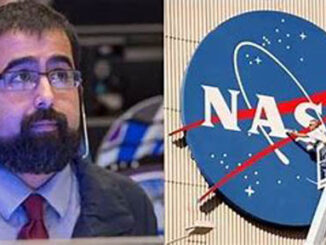That’s one small pot of soil, one giant leap for man’s knowledge of space agriculture: scientists have for the first time grown plants in lunar soil brought back by astronauts in the Apollo program. The ground-breaking experiment, detailed in the journal Communications Biology on Thursday, has given researchers hope that it may be possible to one day grow plants directly on the Moon. That would save future space missions much hassle and expense, facilitating longer and farther trips. However, according to the study’s University of Florida authors, much remains to be studied on the topic, and they intend to leave no stone unturned.
“This research is critical to NASA‘s long-term human exploration goals,” said Bill Nelson, the head of the US space agency. “We’ll need to use resources found on the Moon and Mars to develop food sources for future astronauts living and operating in deep space.”
For their experiment, the researchers used just 12 grams (a few teaspoons) of lunar soil collected from various spots on the Moon during the Apollo 11, 12, and 17 missions.
In tiny thimble-sized pots, they placed about a gram of soil (called “regolith”) and added water, then the seeds. They also fed the plants a nutrient solution every day. The researchers chose to plant arabidopsis thaliana, a relative of mustard greens, because it grows easily and, most importantly, has been studied extensively. Its genetic code and responses to hostile environments — even in space — are well known. As a control group, seeds were also planted in soil from Earth as well as samples imitating lunar and Martian soil. The result: after two days, everything sprouted, including the lunar samples. “Every plant — whether in a lunar sample or in a control — looked the same up until about day six,” Anna-Lisa Paul, lead author of the paper, said in a statement. Source: AFP





Be the first to comment